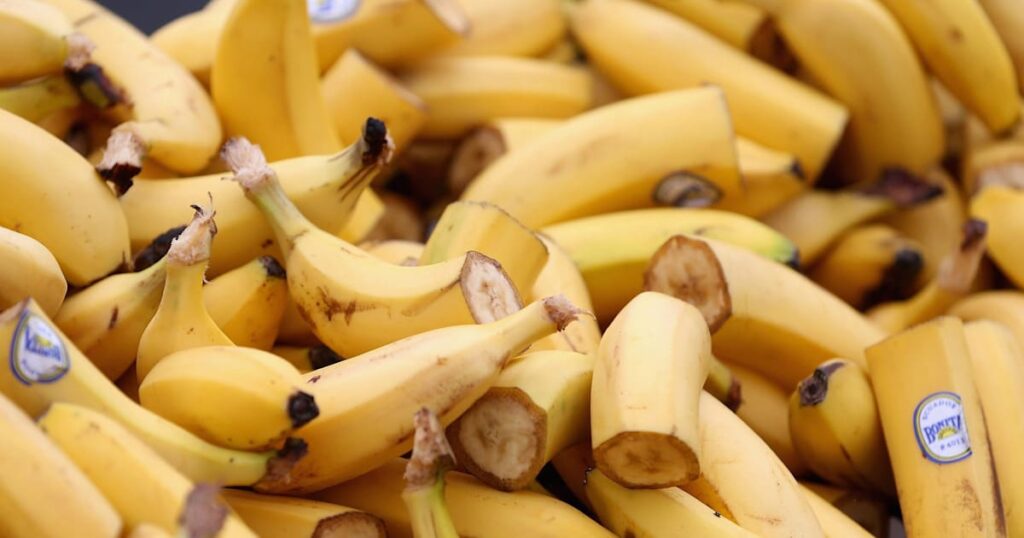Wings for Life World Run 2025: Prepare for Marathon Training and Nutrition
The 12th edition of the Wings for Life World Run is scheduled for Sunday, May 4, 2025. For registration updates, global results, and thrilling highlights, participants are encouraged to download the new Wings for Life World Run App available on both iOS and Android.
Fueling Your Marathon Training
As any seasoned marathon runner can attest, maintaining proper nutrition is key to achieving optimal performance. It’s not just about the miles logged in training; fueling the body appropriately is essential for both training and race day.
The Importance of Caloric Intake
When beginning your marathon training, it’s crucial to adjust your daily caloric intake to match your increased activity level. “If you increase training volume without adjusting your energy intake, you might compromise your training capacity and overall health,” highlights Alexandra Cook from The Sports Dietitian. With running burning an estimated 100-120 calories per mile, ensuring adequate calorie consumption, even on rest days, is necessary as the body continues to recover.
Calculating Your Basal Metabolic Rate (BMR)
To determine your daily caloric needs, Cook suggests using the Schofield Equation to estimate your BMR:
- Men 18-29 years: 15.1 x weight in kg + 692 = BMR
- Men 30-58 years: 11.5 x weight in kg + 873 = BMR
- Women 18-29 years: 14.8 x weight in kg + 487 = BMR
- Women 30-59 years: 8.3 x weight in kg + 846 = BMR
Once you’ve calculated your BMR, incorporating activity levels will shed light on your total caloric needs.
Carbohydrate Needs Based on Training Intensity
Carbohydrates serve as the primary energy source during running. During training, carbohydrate consumption will vary based on exercise duration and intensity. Here are the general guidelines for carbohydrate intake based on activity level:
- Light Intensity (<1 hour of exercise per day): 3-5g of carbs per kg of body weight
- Moderate Intensity (>1 hour of exercise per day): 5-7g of carbs per kg of body weight
- High Intensity (1-3 hours of moderate to high exercise daily): 6-10g of carbs per kg of body weight
- Very High Intensity (4+ hours of high-intensity exercise per day): 8-12g of carbs per kg of body weight
Typical sources of carbohydrates include oats, rice, potatoes, bread, and bananas, which are essential components of a marathon runner’s diet.
Before and After Race Nutrition
Preparing for race day begins days in advance. In the three days leading up to the marathon, tweak your carbohydrate intake gradually to maximize glycogen stores without overloading your system the night before the race. Consider lighter meals in the days prior to maintain digestion and comfort.
Post-race nutrition is just as important as pre-race fuel. Ensuring a balanced intake of proteins and carbohydrates within an hour after finishing can facilitate proper recovery. Milk, chocolate milk, or a smoothie with yogurt and banana can quickly replenish glycogen stores.
The Race Day Breakfast
On race morning, try to stick with a breakfast you are accustomed to. Consuming familiar foods eases nerves and ensures that your body is prepared for the task ahead. Eating one to four hours before the race allows enough time for digestion, eliminating potential discomfort during the run.
Conclusion: Practice Your Nutrition Strategy
The success of your nutrition plan carries over from training to race day. Practicing your hydration and fueling strategies during training helps condition the body and gut to handle carbs while running. As race day approaches, focus on staying hydrated, reducing dairy and fiber intake 48 hours prior, and ensuring that your meals remain familiar. These strategies will set you up for success at the Wings for Life World Run.
In this long-form article, the keyword “marathon nutrition” is utilized effectively to enhance SEO. The article contains sections that cover essential aspects of marathon training and nutrition, providing valuable insights while integrating relevant backlinks where appropriate.
